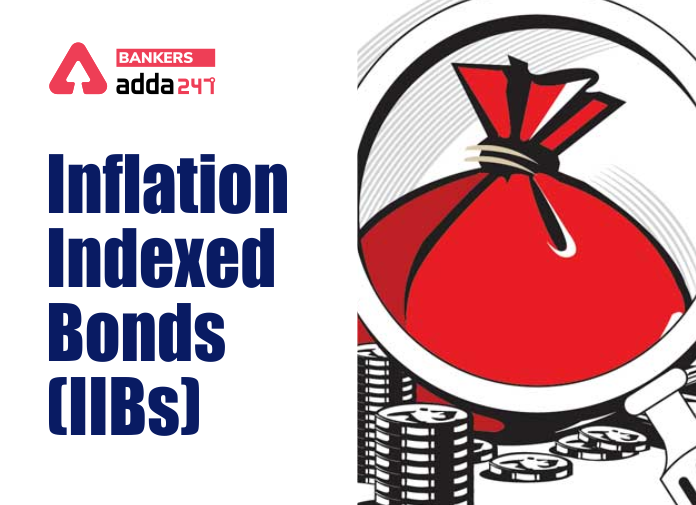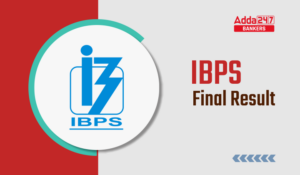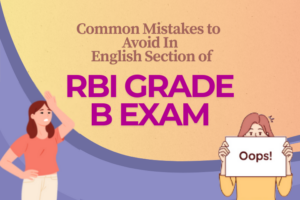Table of Contents
We can understand Inflation Indexed Bond (IIB) as a constant return to the investor irrespective of the level of inflation in an economy. In other words we can say that it is basically an instrument which is used to provide a hedge and to safeguard the investor against macroeconomic risks in an economy.
Issue of IIBs has a lot of significant in the Emerging Market and Developing Economies during the recent years because during this period the value of money loses rapidly in an environment of high inflation. Basically, Inflation-Indexed bonds are limited on account of low inflation experienced in these economies.
Also check,
| IBPS PO 2020 Detailed Syllabus for Prelims and Mains | IBPS PO Final Result 2020-Check Final Result Date at @ibps.in |
How IIBs Work?
It is very important to understand the application of this concepy. We can understand it better by comparing it with the instrument of fixed deposits with the bank because fixed deposit also offers a fixed rate of interest for the investment for a given number of years but the difference is that it does not protect the investor from the erosion of real value of the deposit due to inflation. On the other hand if somebody invests in IIB then it gives a constant minimum real return irrespective of inflation level in the economy. Capital of the investor will increases with the inflation, so actual interest is better than originally promised. Now, let’s understand what happens in the case of Deflation, in such case, interest payments decrease with the negative inflation. However, this does not affect the capital as it does not decline below the face value.
Also Read,
| List of Presidents | List of Prime Ministers | Largest State of India | Governers of RBI |
| What is PMJDY ? | List of Cabinet Ministers | National Security Act | Chief Election Commissioner of India |
History Of IIB
One of the major concern in 2008-2013 was Inflation where real interest rates were consistently negative. This period also also was noted for the high current account deficit (CAD), means that it saw huge investment in the alternate instrument – gold – by the households, necessitating heavy import of gold. So, the need to reduce the attractiveness of gold for investment and reduce the CAD was felt and hence the Government of India launched Inflation indexed bonds (IIB) on 4 June 2013.
Wholesale Price Index which was then used as the key measure of inflation by RBI was auctioned linking to its first tranche. IIB bonds were started to issued on monthly basis or on last Tuesday of each month till December 2013. The annual return rate was 1.44% (through half yearly coupon) over and above the headline inflation (WPI). Thorugh Order Matching Negotiated Dealing Systems (NDS-OM), NDS-OM (web-based), Over the Counter (OTC) market, and stock exchanges these 10 year bonds could be traded. In 2013, IIB bonds worth Rs 6500 crore.
Also Read,
After certain period of time, IIB bonds lost its attractiveness, as there has been significant moderation in inflation since 2014-15. Then, later on The IIB bonds turned highly illiquid, as WPI inflation remained negative for consecutive 15 months (as on Feb 2015) since November 2014. In order to to improve the liquidity in G Secs market, Government then decided to buy back the IIB bonds. The Government of India announced that it will repurchase the IIB of 1.44% Inflation government stocks 2023 in February 2016 through reverse auction for an aggregate amount of Rs. 6500 crore (face value). The repurchase then was undertaken as an adhoc measure to redeem the government stock prematurely by utilizing surplus cash balance.
Visit Achieversadda.com and participate in discussions with other aspirants and achievers. Get answers to your queries and connect with others on Achieversadda.com
Click Here to Register for Bank Exams 2020 Preparation Material
Practice With,



 IBPS Final Result 2025 Coming Out Tomorr...
IBPS Final Result 2025 Coming Out Tomorr...
 Simple Tips to Avoid Common Mistakes In ...
Simple Tips to Avoid Common Mistakes In ...
 Important Topics & Shortcuts for IDB...
Important Topics & Shortcuts for IDB...


